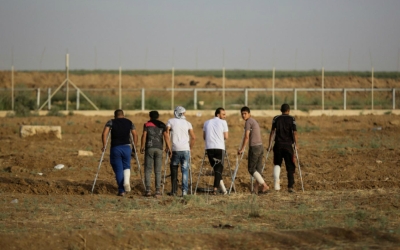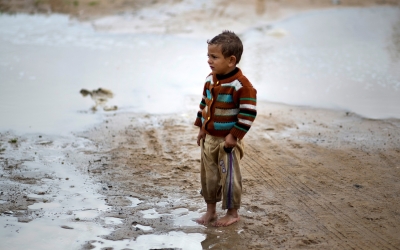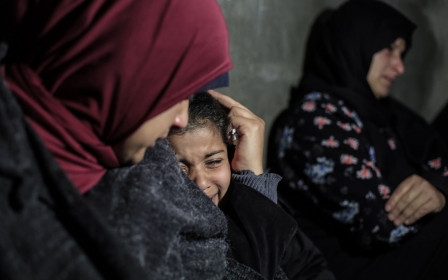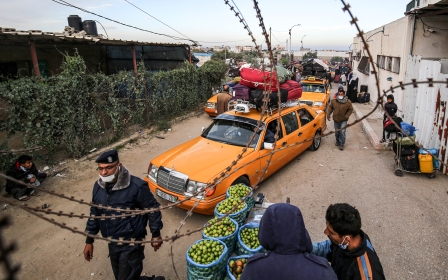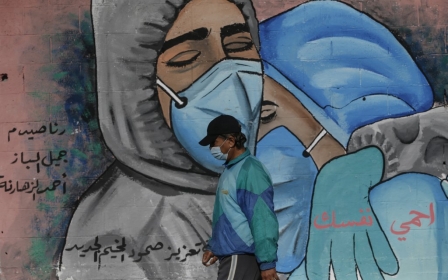Israeli blockade of Gaza severely hindering lives of disabled people, says report
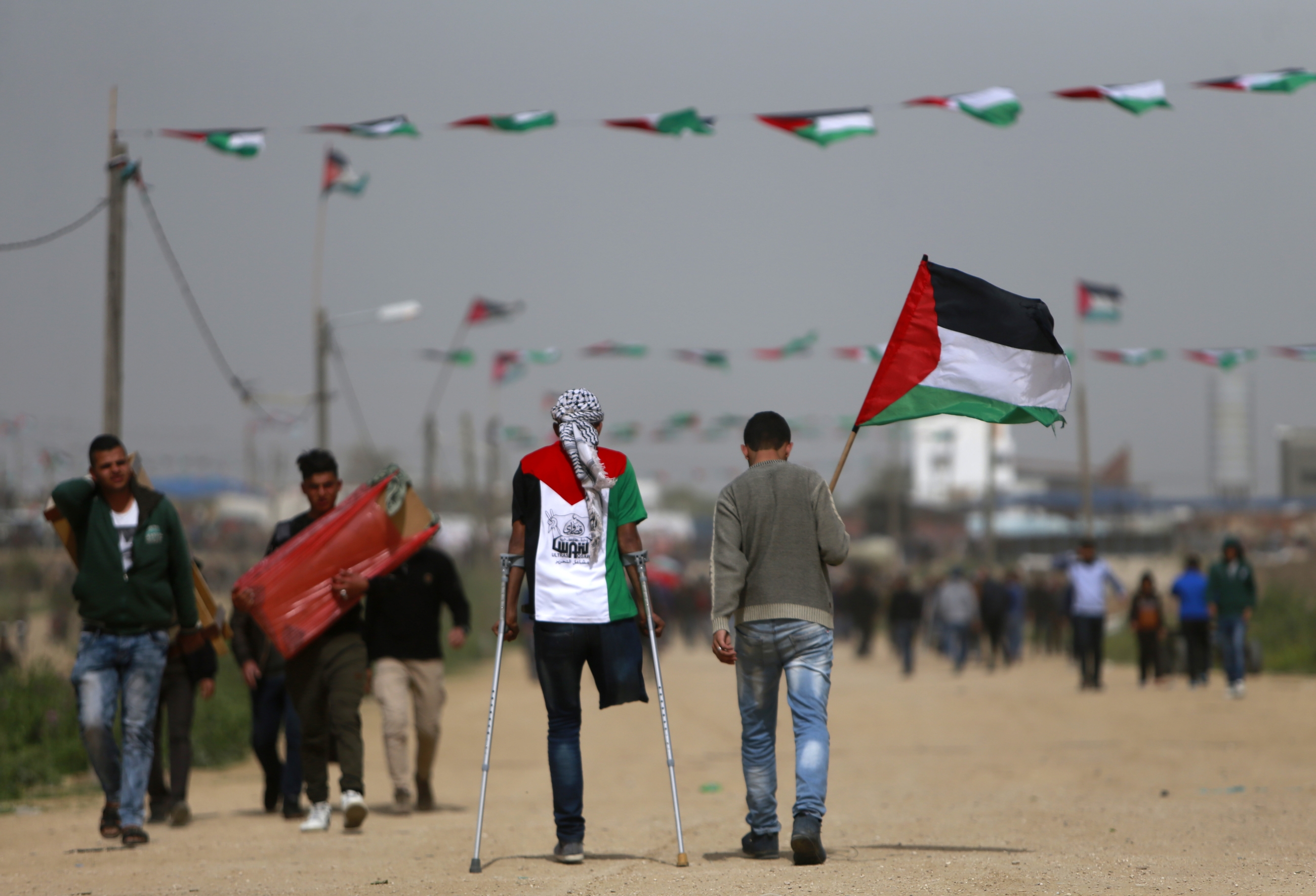
The Israeli-led blockade of Gaza has had a disproportionately damaging effect on disabled people in the besieged enclave, a new report has warned.
Human Rights Watch said that the 13-year old blockade of the Gaza Strip - imposed by Israel and upheld by Egypt - combined with failings by the Hamas-led authorities in the small Palestinian territory, has restricted disabled people's access to vital services such as to assistance devices, healthcare, and electricity.
Severe travel restrictions imposed since 2007, combined with power outages and repeated Israeli military operations targeting the enclave, has further exacerbated the problem.
“More than a decade of Israeli restrictions have robbed people with disabilities in Gaza of their freedom of movement, and often access to the devices, electricity, and technology they need to communicate or leave their homes,” said Emina Cerimovic, senior researcher in the disability rights division at Human Rights Watch, in a statement.
“These policies, alongside the failure of Hamas authorities to address the lack of accessibility across Gaza and widespread stigma, contribute to making life in Gaza extraordinarily difficult for many people with disabilities.”
New MEE newsletter: Jerusalem Dispatch
Sign up to get the latest insights and analysis on Israel-Palestine, alongside Turkey Unpacked and other MEE newsletters
HRW added that "discrimination and neglect" by the local authorities was also increasing the difficulties faced by disabled people, calling for more infrastructure to be built to accommodate them.
Israel has fought a number of wars in Gaza since Hamas took control of the area following its win in 2006 Palestinian legislative elections contested by political rival Fatah.
The most devastating conflict, in 2014, saw more than 2,200 people killed and more than 10,000 thousand wounded, many with long-term injuries.
The Great March of Return movement between 2018 and 2019, which saw Palestinians demonstrate at the boundary between Gaza and Israel calling for an end to the siege and the right of return for refugees, was violently repressed by Israeli forces - with frontline doctors alleging that snipers were deliberately maiming protesters.
According to statistics released by the Palestinian Census Bureau, about 48,000 people in Gaza,
or around 2.4 percent of the population, have a disability. More than one-fifth of these are children.
HRW said it interviewed 37 Gaza residents with "physical, visual, and hearing disabilities", as well as the family members of six children and one 18-year-old with disabilities and a number of local and international careworkers.
One resident, 30-year-old Doa Qashlan, uses a mobility scooter and said her "biggest fear" was electricity outages.
“I need to charge my scooter," she said. "Otherwise, I will remain at home, where I feel life stopped.”
On most days, Gaza residents only have access to as little as five to 15 hours of electricity, a result of Israeli strikes on infrastructure, restrictions on the import of fuel and necessary materiel, and squabbling between the different Palestinian bodies.
“Both Israeli and Palestinian authorities have systematically overlooked people with disabilities
in Gaza,” Cerimovic said.
“The Israeli-imposed electricity crisis, shortages of assistive devices, and an inaccessible physical environment block people with disabilities from living independently and fully participating in their communities.”
HRW's assessment follows on the heels of another report by the United Nations, which stated that the blockade had pushed more than one million of Gaza's two million residents below the poverty line in just over 10 years and cost the enclave over $16bn.
Middle East Eye delivers independent and unrivalled coverage and analysis of the Middle East, North Africa and beyond. To learn more about republishing this content and the associated fees, please fill out this form. More about MEE can be found here.


